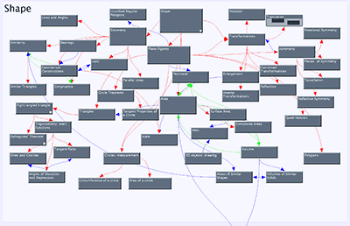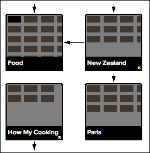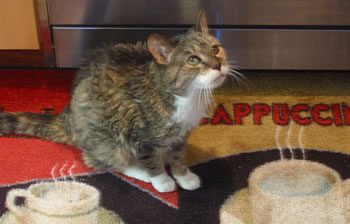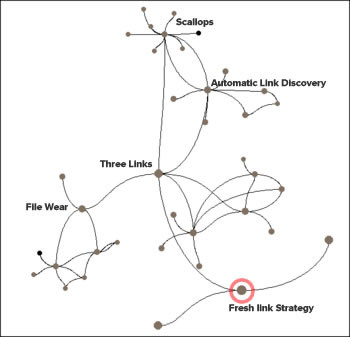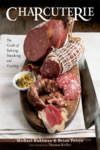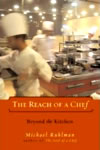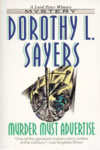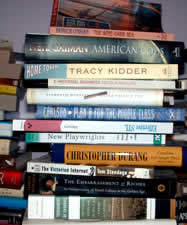
The current issue of The Atlantic has nice "summer reading" plans from a variety of interesting and famous people. Few of them seem to be planning a great deal of reading, but perhaps that's because they must have been asked to write in January what they planned to read in June.
But where am I to find the time for my own summer reading? Especially as people do have this awkward habit of writing new books? Today, the TLS told me that I simply had to read The Evolution of Insects
by Grimaldi and Engel. OK: fair enough: I've never read anything like it, I've got a hole to fill. 755 pages? It's a big subject.
Yesterday, Kathryn's new The Space Opera Renaissance
was published, or announced, or rocketed to bookstores. Space opera is high in my esteem this week, as Linda and I have finally discovered Battlestar Galactica. I didn't know that they were throwing a renaissance, but -- hey! -- that's great, just great. Another 900-odd pages.
Cool tools told me to grab The Past From Above
, which is apparently a dazzling tour of aerial archaeology. It sounds terrific. It's only 419 pages, but for some reason it's held up in shipping. Beating it to the punch is the new Tufte, Beautiful Evidence
. Got to read that.
I've been meaning to read Jonathan Strange and Mr. Norrel
for over a year. It sounds terrific. And just 800 pages. Buford's new Heat
is sitting by my bed, on top of Stross's The Clan Corporate
and Greenfield's much-discussed Everyware
. And I've got to finish Jonathan Rose's The Intellectual Life of the British Working Classes
, which is brilliant and inspiring.
Oh, dear.
